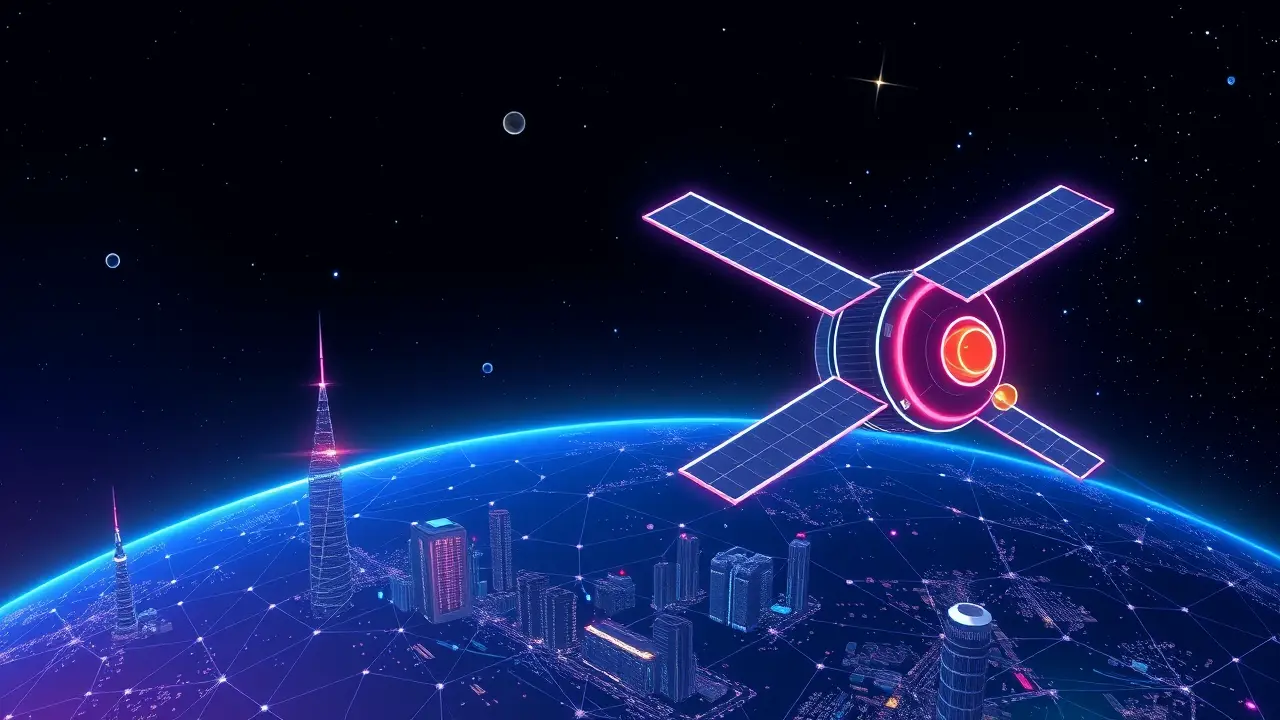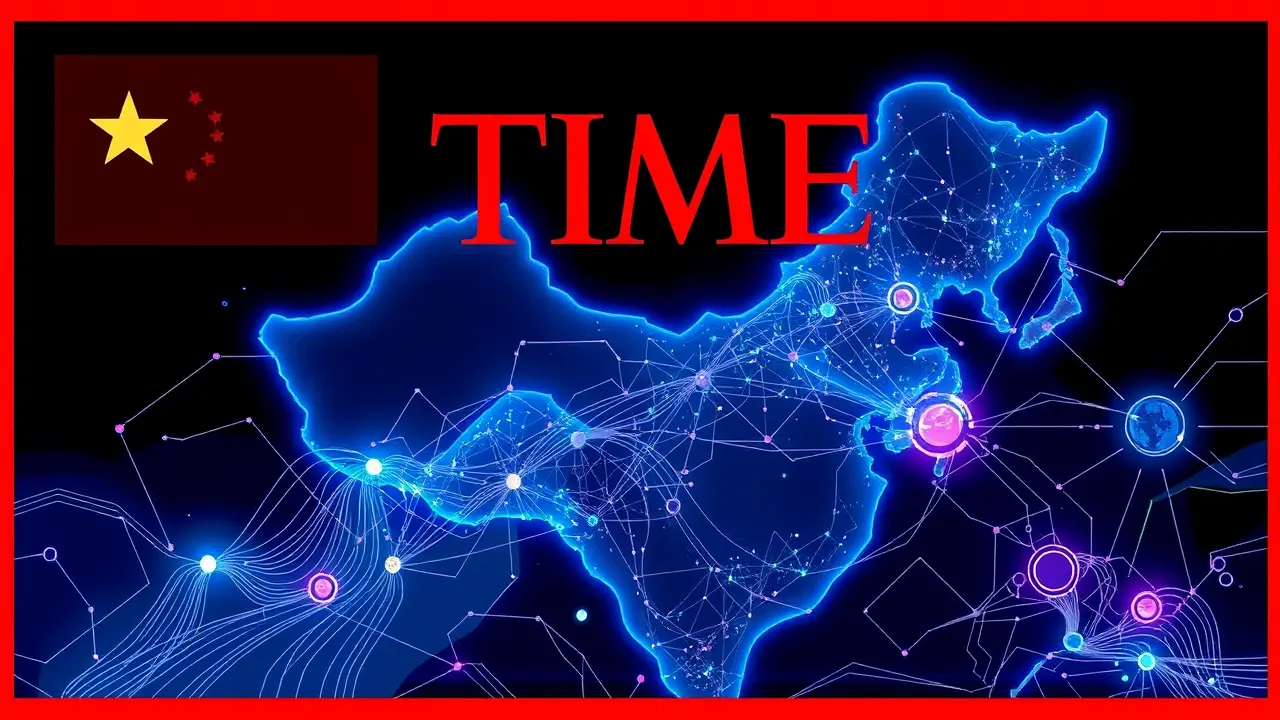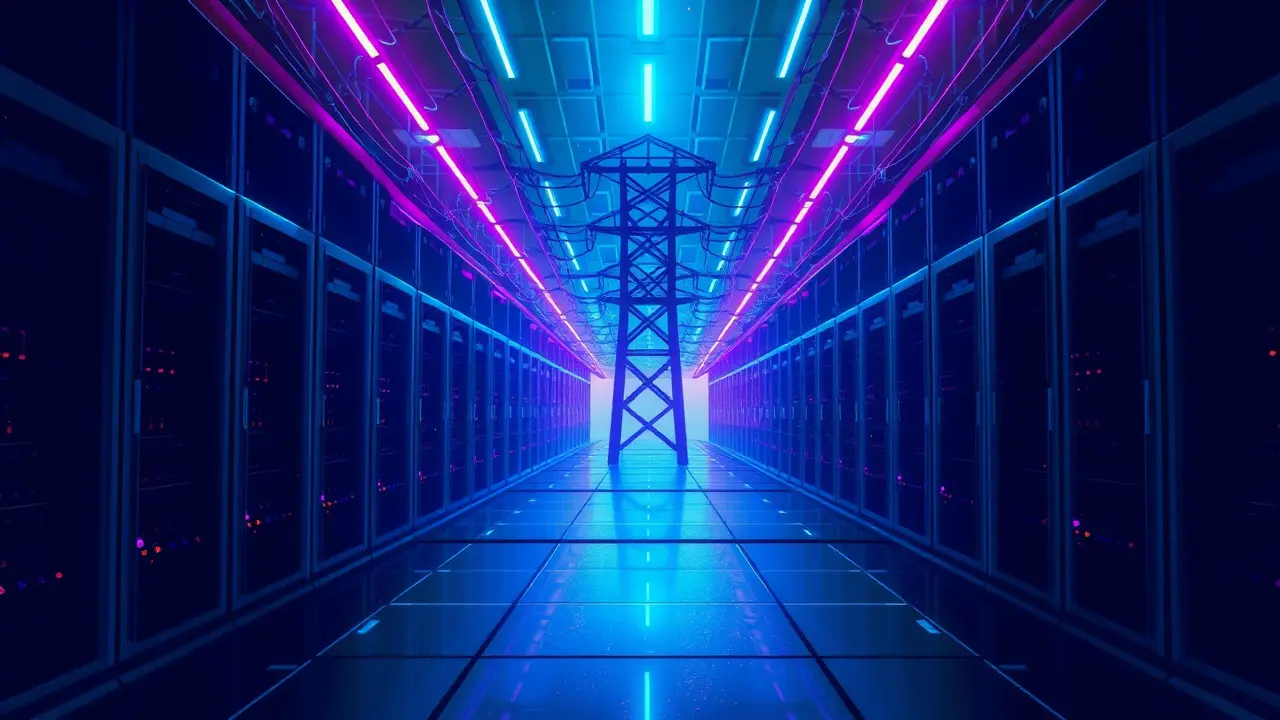
AIenterprise aiAI in Manufacturing
Satellite Maker Uspace Opens AI Center in Shenzhen
TH
Thomas Green
7 hours ago7 min read1 comments
In a move that signals the accelerating convergence of orbital infrastructure and artificial intelligence, Uspace Technology Group has announced the establishment of a dedicated AI application technology centre in the tech-saturated metropolis of Shenzhen. This strategic pivot comes as the satellite manufacturer completes a significant corporate migration, having shifted its headquarters from the international financial hub of Hong Kong to Guangzhou, the bustling capital of southern China’s Guangdong province.The initiative will be spearheaded by Gang Hang Ke, a specialized unit within the Uspace corporate constellation, as detailed in a formal filing with the Hong Kong stock exchange—a document that, while dry in its bureaucratic language, hints at a future where fleets of smart satellites operate with a level of autonomous decision-making previously confined to science fiction. This new facility isn't just another R&D lab; it's a bet on a future where satellites transform from passive data collectors into active, intelligent nodes in a global sensing network.The core mission, focusing on intelligent decision-making for satellite operations, suggests a push towards systems that can autonomously prioritize data collection during natural disasters, dynamically reroute communication bandwidth based on real-time demand, or even perform onboard analysis to transmit only the most critical information, thereby alleviating the monumental data crunch faced by ground stations. This ambition places Uspace squarely in the burgeoning 'NewSpace' race, a domain increasingly dominated by private entities like SpaceX and its Starlink megaconstellation, but with a distinct Chinese characteristic—leveraging state-backed technological ecosystems for rapid, focused advancement.Shenzhen, often dubbed China's Silicon Valley, provides the perfect petri dish for this experiment, offering unparalleled access to hardware manufacturing prowess, AI talent pools from local tech giants like Huawei and Tencent, and a regulatory environment that encourages such synergistic, dual-use technology development. One can draw a direct parallel to Elon Musk’s vision for SpaceX, where the ultimate goal extends beyond Earth orbit to the colonization of Mars, a venture that would be impossible without highly autonomous systems capable of operating millions of miles from human intervention.Uspace’s AI centre is a down-payment on that same principle of cosmic autonomy, albeit with a more immediate, terrestrial focus. The geopolitical implications are as vast as the orbital lanes they seek to occupy.By embedding advanced AI into its satellite architecture, China is not only advancing its commercial space capabilities but also fortifying its strategic position in an era where space is increasingly viewed as a war-fighting domain. An AI that can help a commercial imaging satellite avoid debris could, with different programming, help a military satellite evade anti-satellite weapons.This dual-use potential is the subtext of every major space-tech announcement emanating from the region. Furthermore, this move underscores a broader realignment within China's tech industry, where companies are diving headfirst into 'hard tech'—semiconductors, aerospace, advanced robotics—partly in response to external pressures and global supply chain re-evaluations.For Uspace, the journey from Hong Kong to Guangzhou and now to a specialized AI hub in Shenzhen is a microcosm of this national strategic shift, a trajectory from financial services and international listing towards deep, foundational technology development. The success of this centre will hinge on its ability to attract top AI researchers who can grapple with the unique constraints of the space environment: limited computing power, harsh radiation, and the absolute necessity for fault-tolerant systems where a software glitch could mean the loss of a multi-million-dollar asset. It’s a high-stakes endeavor, but one that, if successful, could redefine humanity's relationship with the final frontier, creating a nervous system for our planet that is as intelligent as it is expansive.
#Uspace
#Shenzhen
#AI center
#satellite manufacturing
#intelligent decision-making
#enterprise AI
#featured
Stay Informed. Act Smarter.
Get weekly highlights, major headlines, and expert insights — then put your knowledge to work in our live prediction markets.
Related News
© 2025 Outpoll Service LTD. All rights reserved.














